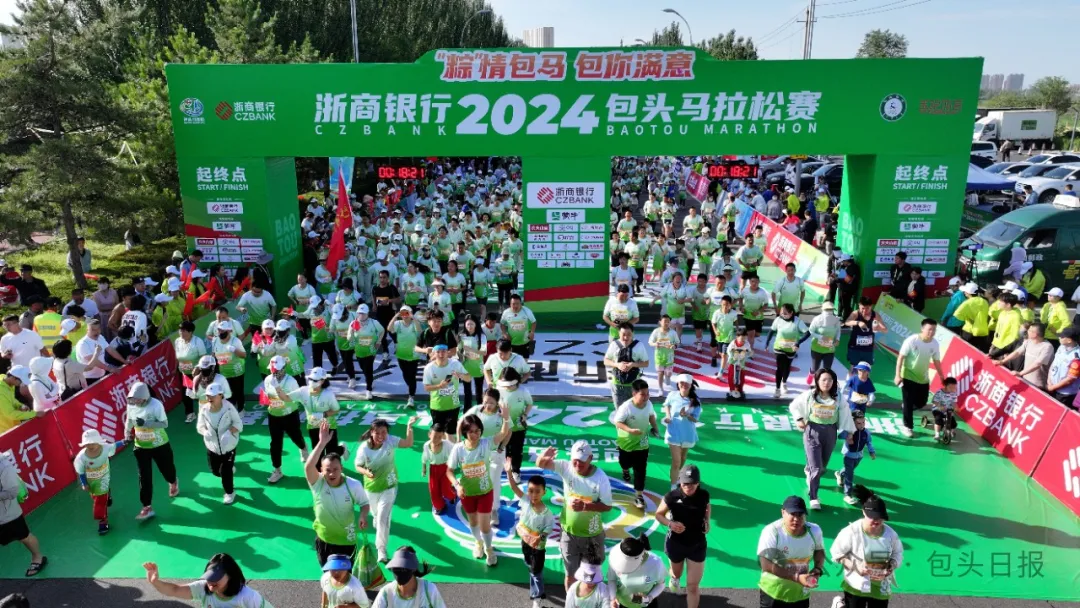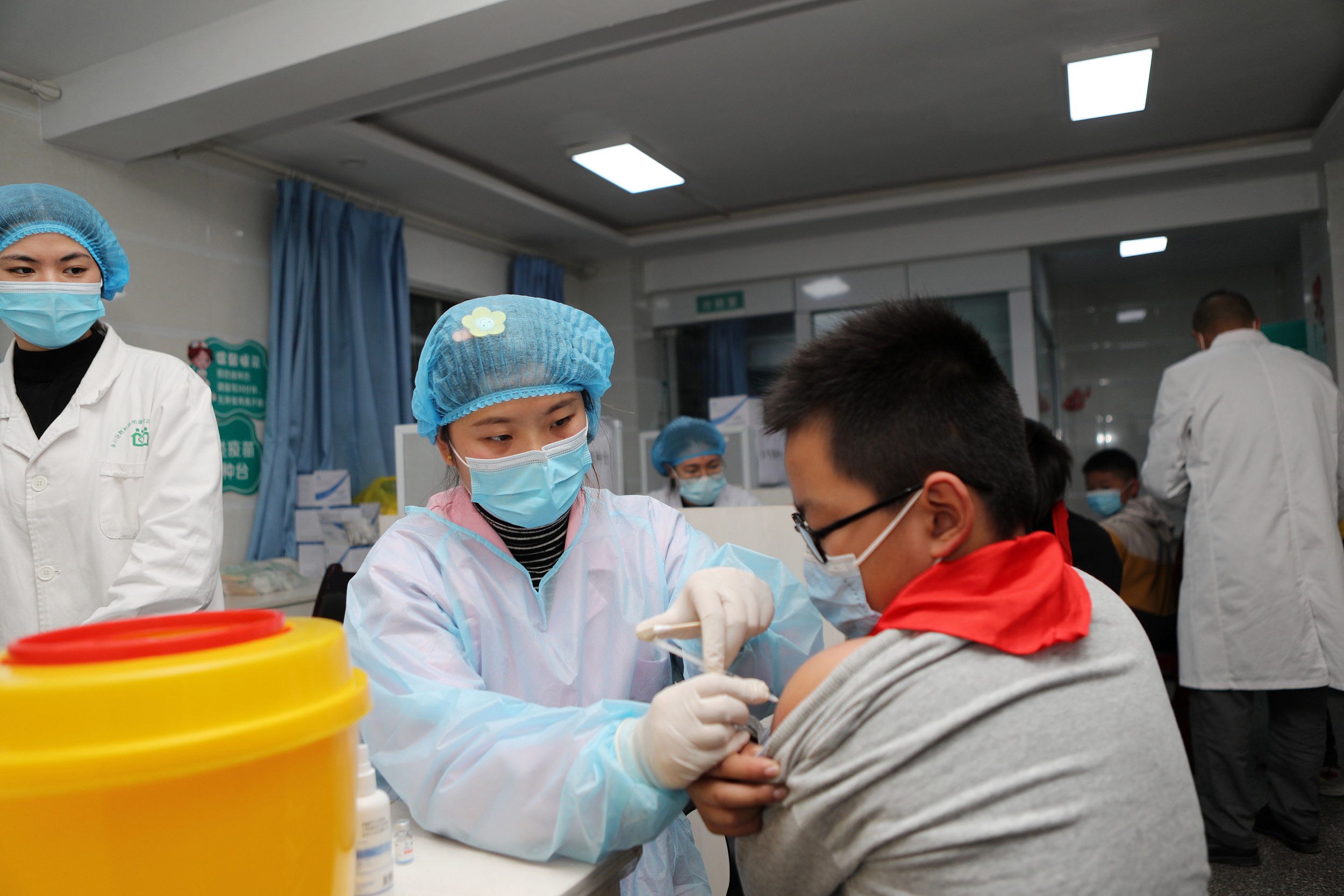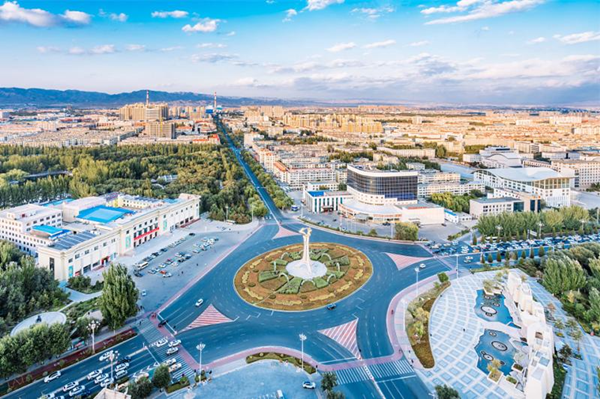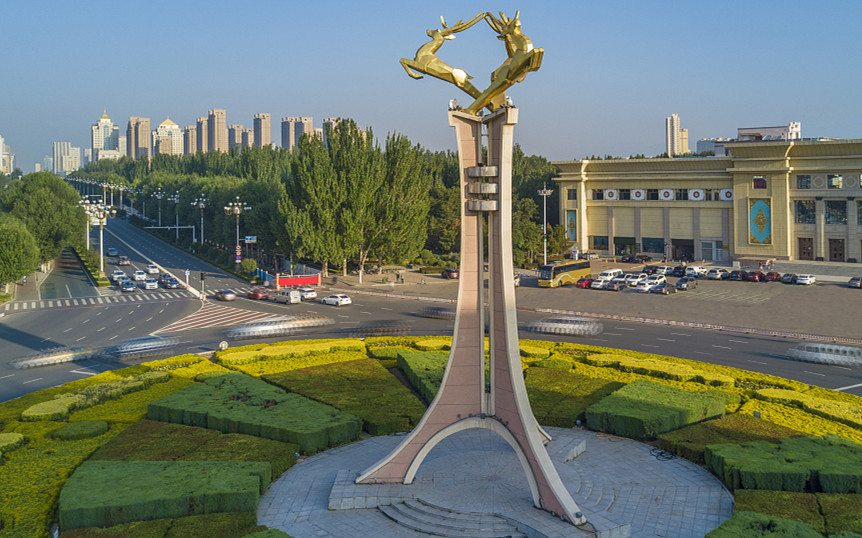Baotou city's growth in urban, rural green space takes off
Baotou city – located in North China's Inner Mongolia autonomous region – is said to be continuing to expand its urban and rural green space, the extension of an initiative that has been going on in recent years.
Now, a Baotou voluntary tree-planting activity is about to kick off in mid-April.
The city this year plans to plant 581,000 mu (38,733 hectares) of forest, restore 760,000 mu of grassland and establish 81 greening and beautification demonstration villages.
A Baotou carbon peak, carbon neutral forest and grass carbon sink pilot area was identified as the first such pilot area in the autonomous region in March last year.
The project is said to be the only one with the theme of carbon peaking and carbon neutrality among 90 projects designed to deepen reform in China.
This year the city has rolled the project out, investing 130 million yuan ($20.42 million) to focus on the implementation of targeted increases in eight forest carbon sink development areas. It is also planning a project to consolidate and enhance carbon sink capacity involving 2.8 million mu of land.
Baotou is said to be pro-active in promoting the development of ecological carbon sink industry. Focusing on the improvements to its carbon sink capacity, monitoring and evaluation, management and development, 16 enterprises and scientific research institutions were contacted and four projects have officially signed on.
Furthermore, the city has also developed related financial insurance. It reportedly cooperated with the Agricultural Bank of China and the Postal Savings Bank of China to expand channels for raising funds for the construction of carbon sink forests.





 Sketching and creation tour in Baotou
Sketching and creation tour in Baotou